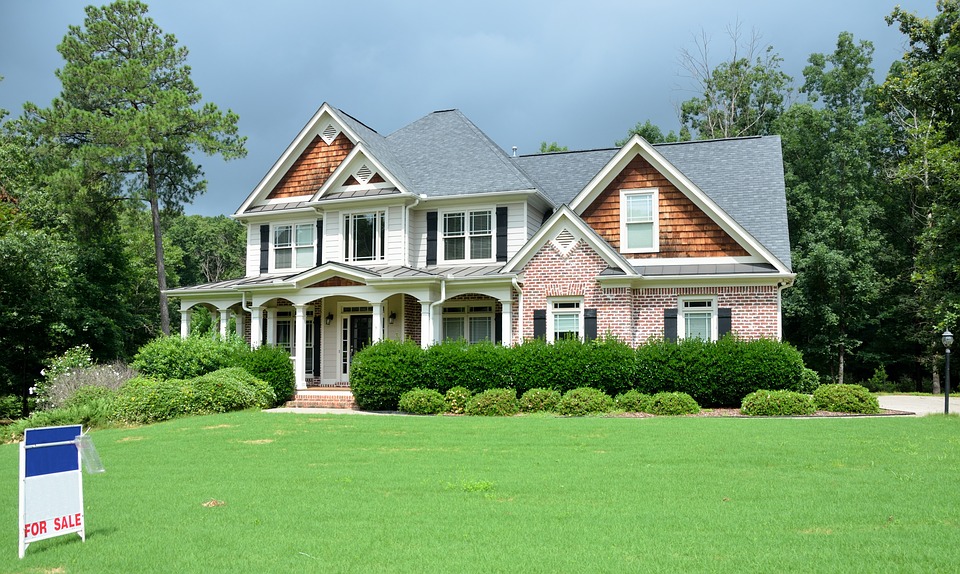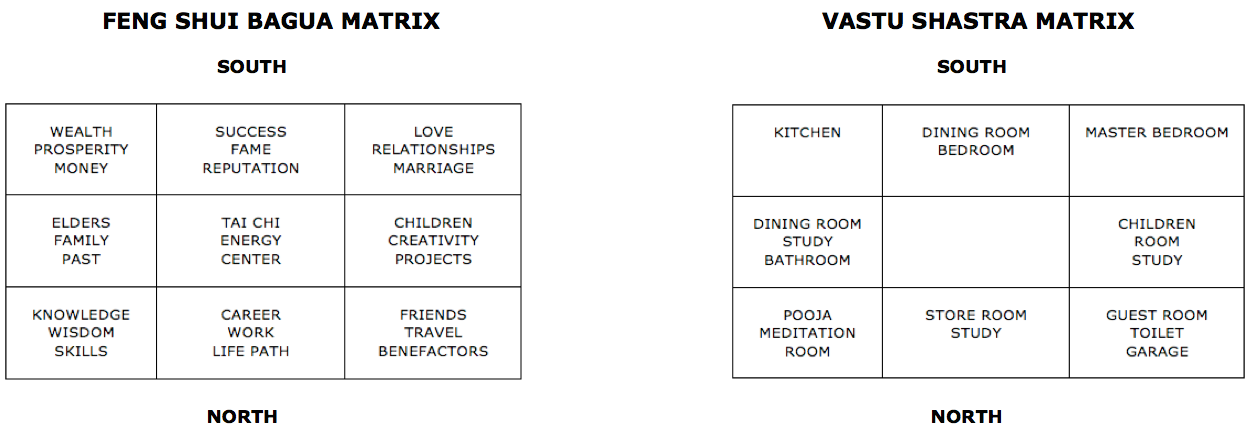Buying properties with vastu principles in mind
Keeping vastu principles in mind before making an offer can save you a lot of problems later. Although, once the building is constructed there is little one can do to make it perfectly vastu compliant without making major and costly changes to the position of doors and rooms. So choosing your new home is essential if you believe in vastu shastra.
What is vastu shastra for?
Vastu shastra (translates as ‘science of architecture’) commonly known as Vastu, is a traditional Indian system of architecture similar to feng shui and it was originally developed to help people design perfect dwellings for living and working. Although, originally vastu was based on simple observation in relation to local climate and needs and it made sense in that context, over time people started to generalise its principles as if they were universal and tried applying them without contextual considerations. Many vastu suggestions were based on what was possible technologically in the old days and now are not so relevant since building practice has moved on and most of the problems have been resolved with modern technology such as plumbing, heating, etc. Read more about vastu shastra
Vastu for the flat or house entrance
According to vastu, an ideal compass direction for the entrance is the east since the Sun rises there and offers ideal, uplifting energy. North direction is also considered auspicious. Other directions are considered less auspicious. This was and might be still very relevant in India which is much hotter than the UK for example where these principles don’t apply so well. Many vastu practitioners from India suggest avoiding houses which are facing south because of the strong sunlight, which might be very relevant in India but not so in the UK. Also, it depends how the entrance is constructed and if it has a veranda or shading – so don’t base your decision solely based on this criteria.
How important are directions in vastu?
Traditionally, vastu put a lot of importance on compass directions which were very important at the time when vastu was developed because India was mainly an agrarian culture. Some of those compass directions become superstitions. For example, some vastu suggests that toilets and bathrooms ideally should be located in the south-west or the southern parts of the property. The reason given is that the wind blows from north-east to south-west and if toilets are placed in north-east, the wind will blow from toilet to the living room thereby contaminating the atmosphere. Well, that might have been relevant in that particular part of India at that time but is it relevant in modern Britain for example? The short answer is: no. And that’s how local, specific and culture-specific suggestions become superstitions in the vastu knowledge.
Another example of superstitious generalisation of vastu principles is a suggestion to avoid buying a flat that has toilets in the northeast. In the old days when plumbing and heating weren’t very well developed, placing a toilet in the north-east part of the house wasn’t wise for a simple reason that that part of the house is the coldest and there would be more dump and condensation which would a fertile ground for mould. But today’s bathrooms with good central heating and plumbing usually don’t pose such a problem.
Vastu basics for homes
A health house or flat is key to your prosperity. The bedrooms are the most important rooms. Check for geopathic stress and electro-smog such as dirty electricity which can affect your health. Electromagnetic pollution is now considered by many scientists as the major pollutant and environmental stressor. Avoid houses which have smart meters which are considered a health hazard. The shape of the property can affect how you feel and prosper in your new home – fairly regular shapes are prefered to very irregular ones. The local topography around the property will have an influence on your general wellbeing. Sunlight is important in the UK, so choose a property that has plenty of light. Ideal location for your kitchen is in the south-east part of the property because of the benefits of the rising sun but again, don’t worry if that’s not feasible. Modern kitchen appliances and LED warm lighting can remedy this situation.
Similarities and differences between vastu and feng shui
There are some similarities and differences between vastu and feng shui. In short, feng shui developed more ways to correct problems once the building is constructed. Vastu is very good for designing and constructing new buildings from scratch. Once the house is built there is little one can do to remedy the location of the individual rooms.
Top vastu tips for purchasing a new home
• Check the history of the property
• Consider the compass directions and the cycle of the movement of the Sun
• Good shapes for the property, flat or house are fairly regular shapes
• Check for any negative influences outside and inside
• Check for geopathic stress
• Check for electro-smog ie local mobile masts, smart meters, dirty electricity
• The position of the staircase is important – ideally, you shouldn’t see the staircase when entering the property
• Don’t base your decision on one or two culture-specific vastu principles which might not be relevant in the UK
• Follow your intuition and common sense – if some vastu suggestions don’t make sense, don’t follow them – always ask ‘why’ something is suggested
Still not sure…
If you’re still not sure about the property, call/text/whatsapp Jan, Vastu and Feng Shui Expert on +44 7956 288574 or email and he can advise you if the property is vastu complient or not, onsite or remotely from online links and visuals.


